
Oct. 13, 2025
Protecting global chip supply chains from cyber threats
University of Missouri researchers use artificial intelligence to detect hidden hardware trojans through a method that’s 97% accurate.
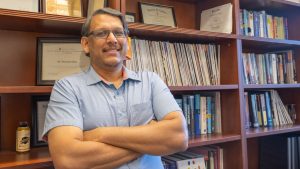
Oct. 2, 2025
Engineer’s work underpins new telehealth research center
Associate Professor Praveen Rao is sharing his expertise in machine learning and artificial intelligence to improve rural health care.
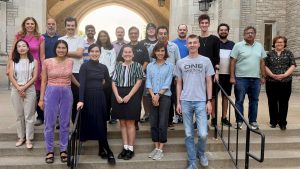
Sep. 16, 2025
Mizzou students are shaping the future of quantum computing
Mizzou Engineering students' projects will be among those on display at the first-ever Mizzou Quantum Day Sept. 19.
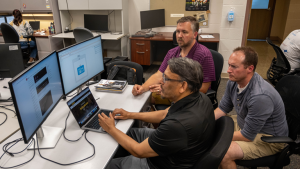
Aug. 1, 2025
Mizzou Engineering shares advanced technology with local educators
Columbia teachers will learn to use a national research computing platform to teach kids about artificial intelligence.
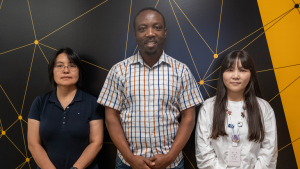
July 29, 2025
Opening a new chapter in sustainable lighting technologies
New materials set the stage for more efficient lighting, cleaner solar energy systems and even compact LEDs for wearable medical devices.
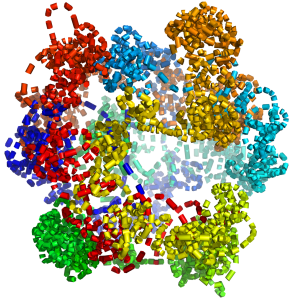
May 28, 2025
New AI tool reveals single-cell structure of chromosomes in 3D
A breakthrough at Mizzou Engineering could help scientists better understand how genes work — and how certain types of cancer develop.
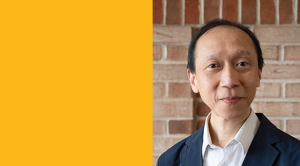
May 20, 2025
EECS professor elected to Canadian Academy of Engineering
Dominic Ho has been recognized for his lifetime achievements in statistical signal processing and wireless communications.
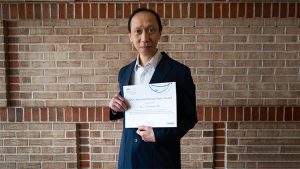
May 1, 2025
Mizzou Engineering researcher receives international acclaim for landmark paper
Dominic Ho was awarded the IEEE Signal Processing Society’s prestigious Sustained Impact Paper for his study on signal localization.
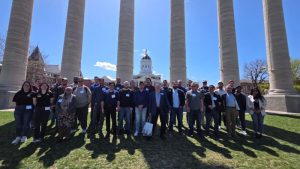
April 25, 2025
MU Microelectronics Training Program brings in industry professionals
Engineering professionals from Missouri attend the MU Microelectronics Training Program for skills development.
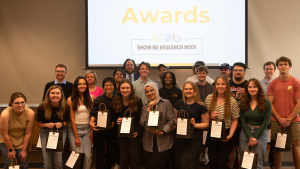
April 22, 2025
Student research shines at Show Me Research Week
The following seven engineering students received awards recognizing work in their respective fields.